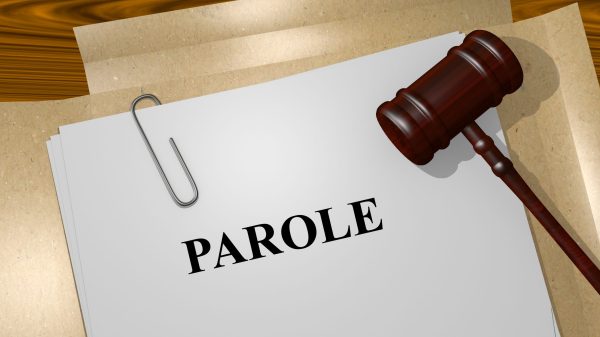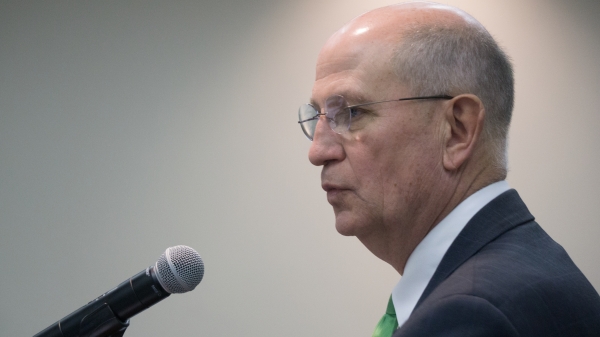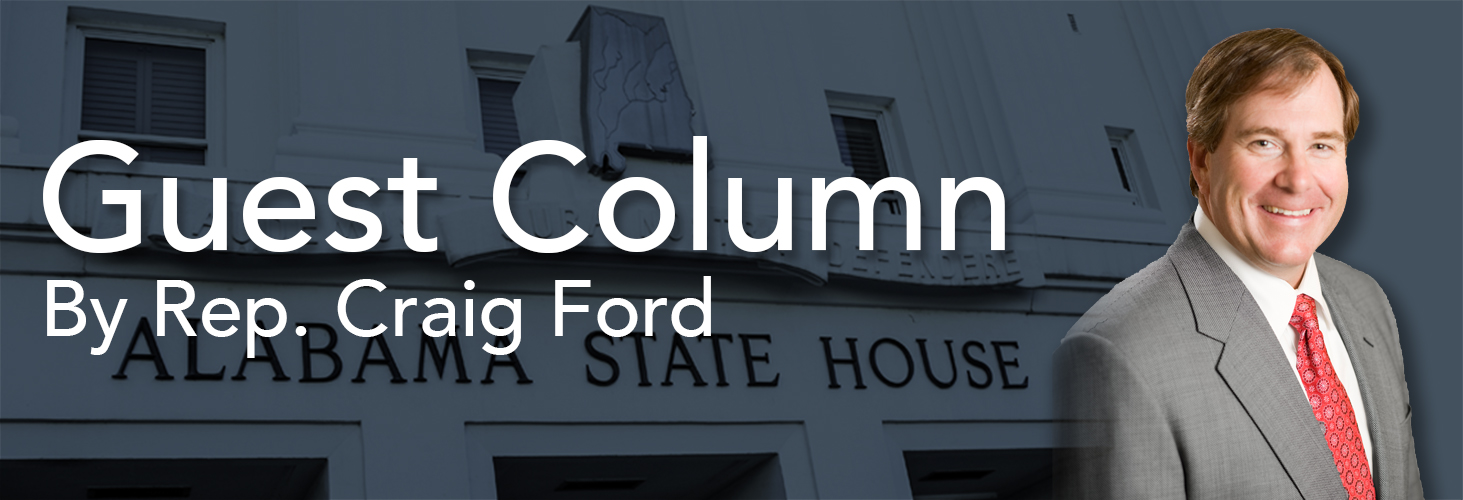By Minority Leader Rep. Craig Ford
Over the last year or so, the lottery has been getting more and more attention and support from state legislators. The lottery is extremely popular, getting over 60 percent favorable support in all the public opinion polls that I’ve seen. The debate these days isn’t so much over whether we should have a lottery, but how we should spend the revenue the lottery will create.
There are three ways the lottery revenue can be spent: Spend all of it on education, spend all of it in the general fund, or split it between the two budgets. Considering all the problems with Medicaid and the general fund budget, some legislators see the lottery as their ticket out of a no-win situation. But the fact is the lottery won’t save Medicaid or the general fund—and there are several reasons why it won’t.
Let’s start with the timing. If we passed a lottery bill tomorrow and got it on the ballot in time for the November election (which is the soonest we could do it), it would still be a year before the lottery started bringing in new revenue. The new budgets go into effect on October 1st of this year—more than a month before the voters could even vote on the lottery! There’s simply no way the lottery can fix the current Medicaid shortfall.
But could the lottery prevent future budget crises and solve the long-term problems in Medicaid?
Unfortunately, it still can’t. Lottery revenue in other states has been stagnant. If the lottery brings in $300 million it’s first year, it will still be bringing in $300 million five years from now. But the costs of Medicaid and other general fund programs will continue to increase as inflation and other factors drive up costs from year to year.
Even if we put 100 percent of the lottery revenue into Medicaid, in just a few short years the costs of healthcare will have outgrown the lottery and we will be right back to where we are today. In the end, the lottery is no more of a solution than borrowing money out of the state’s savings account was in 2012.
Furthermore, we’ve seen in other states where lottery revenue ended up not going where it was promised. Legislators sold the lottery to their state as an “education lottery” or as a fix for a general fund program like Medicaid or infrastructure (i.e., roads and bridges). Once the lottery was passed and the money started coming in, legislators would put the money in the budget where it was supposed to go, but then they would transfer other funding out of that program and use it to fund pork projects or other programs.
For example, after passing an education lottery, the education budget was no more than what it was before because the legislature played budgetary shell games and transferred the lottery money to other, less popular programs. So even if we passed a “Medicaid lottery” or a “Roads and bridges lottery,” those programs may not actually get any more money that they are already getting.
Or, for example, let’s say that we passed a lottery that brings in $300 million a year and puts 70 percent ($210 million) into education and 30 percent ($90 million) into the general fund. Based on what other state legislatures have done, they would then transfer $200 million or so of other funding out of education and put it into the general fund, leaving education no better off than it is now. The outcome is that they would be essentially putting all of the lottery revenue into the general fund against the will of the people.
All of these reasons are why the lottery is not a solution to Medicaid and the general fund, and why we must earmark the lottery revenue for a specific program.
That is why I have introduced legislation that would create a lottery specifically for scholarships. Under my bill, lottery revenue would pay for the first two years of college for anyone who gets accepted into a public college or university.
I believe we should educate for a purpose, and that purpose is getting a job. Whether we are helping someone get their bachelor’s degree in computer science or an associate’s degree in welding or machine tool technology, the lottery can help a lot of Alabamians achieve their dreams and find a good job that supports their families.
The lottery won’t save Medicaid. But it can create a better future for our state and millions of Alabamians for years to come.
Rep. Craig Ford is a Democrat from Gadsden and the Minority Leader in the Alabama House of Representatives.















































